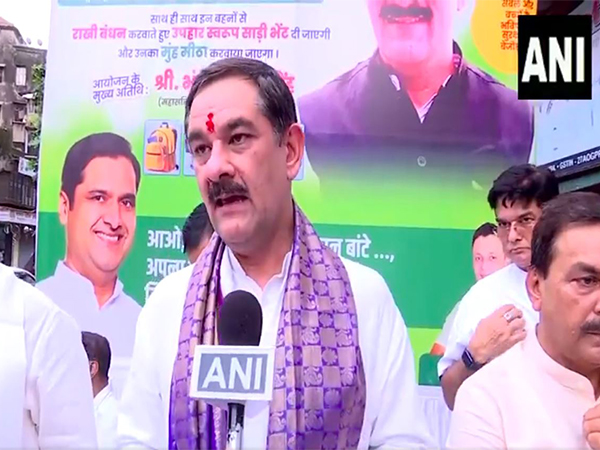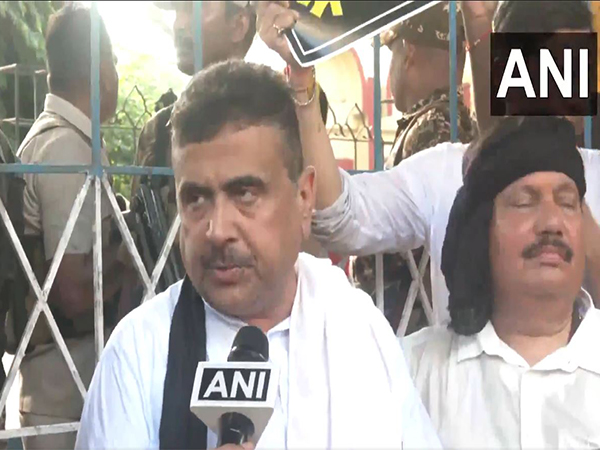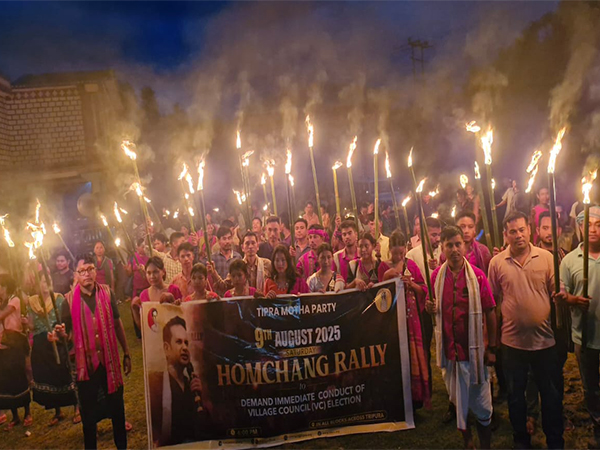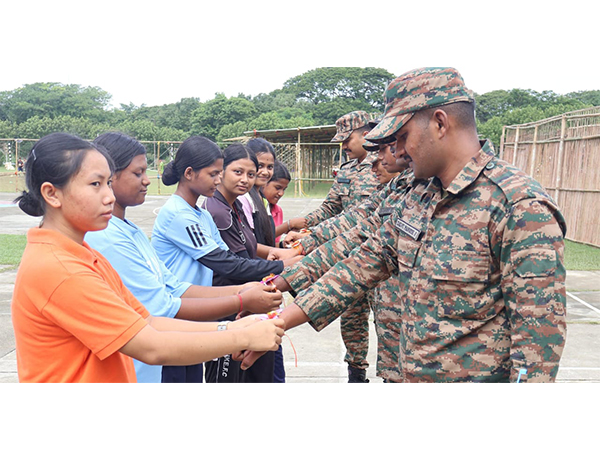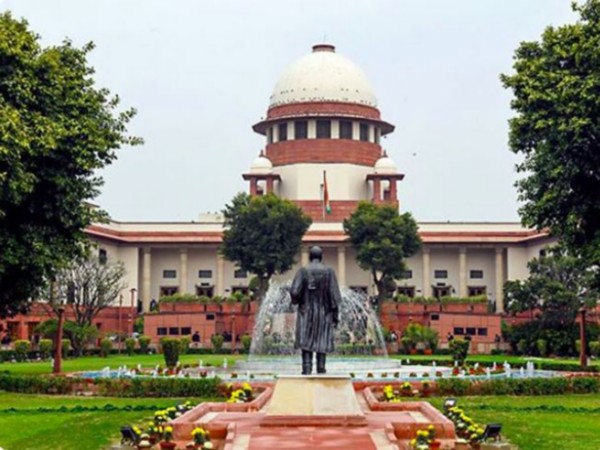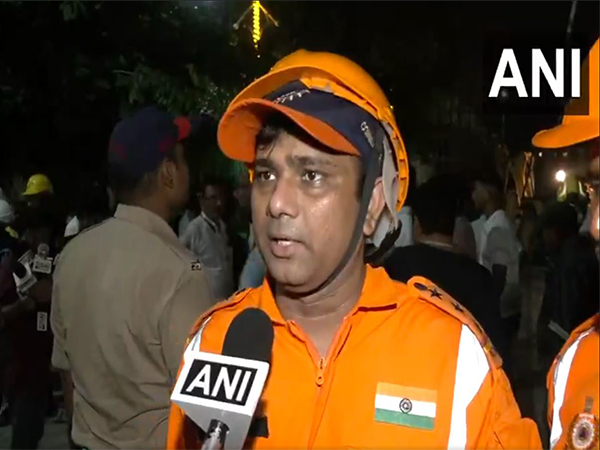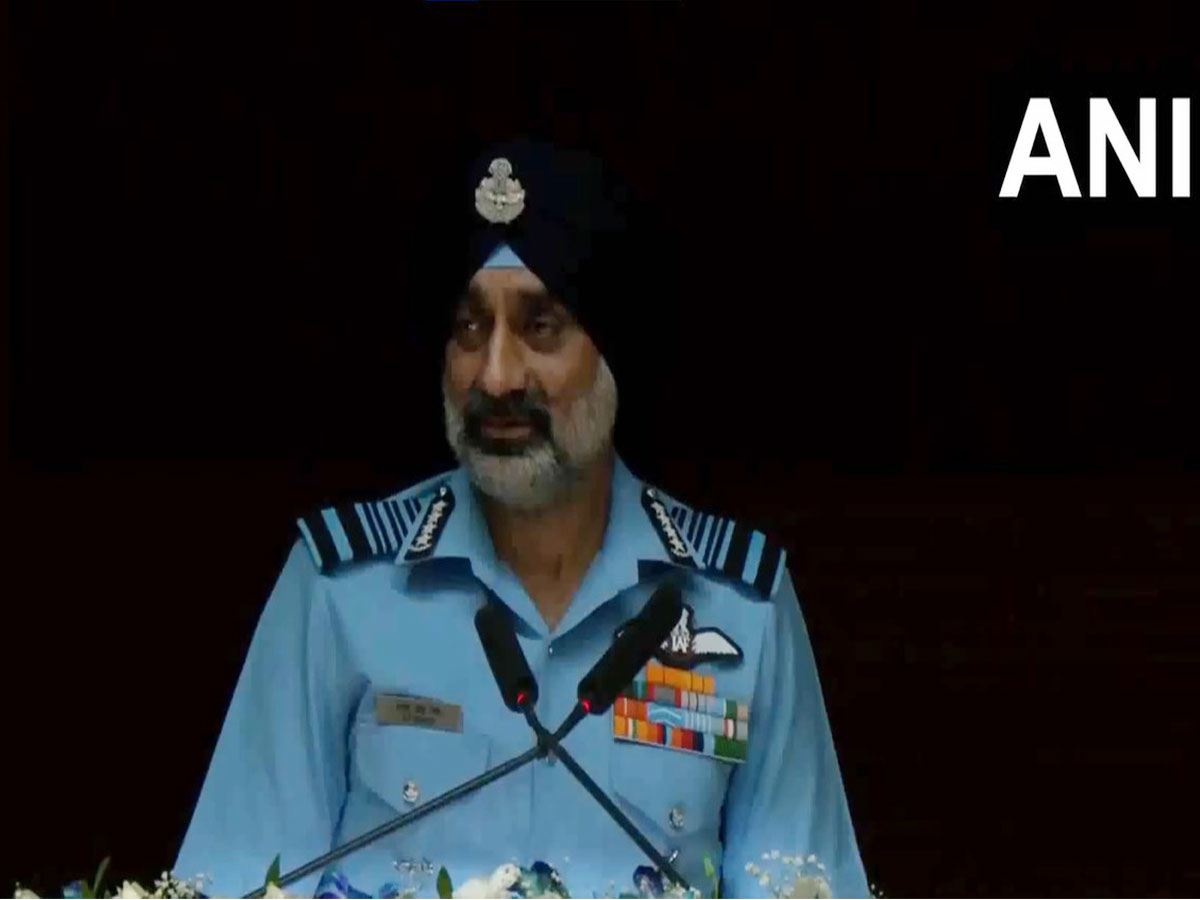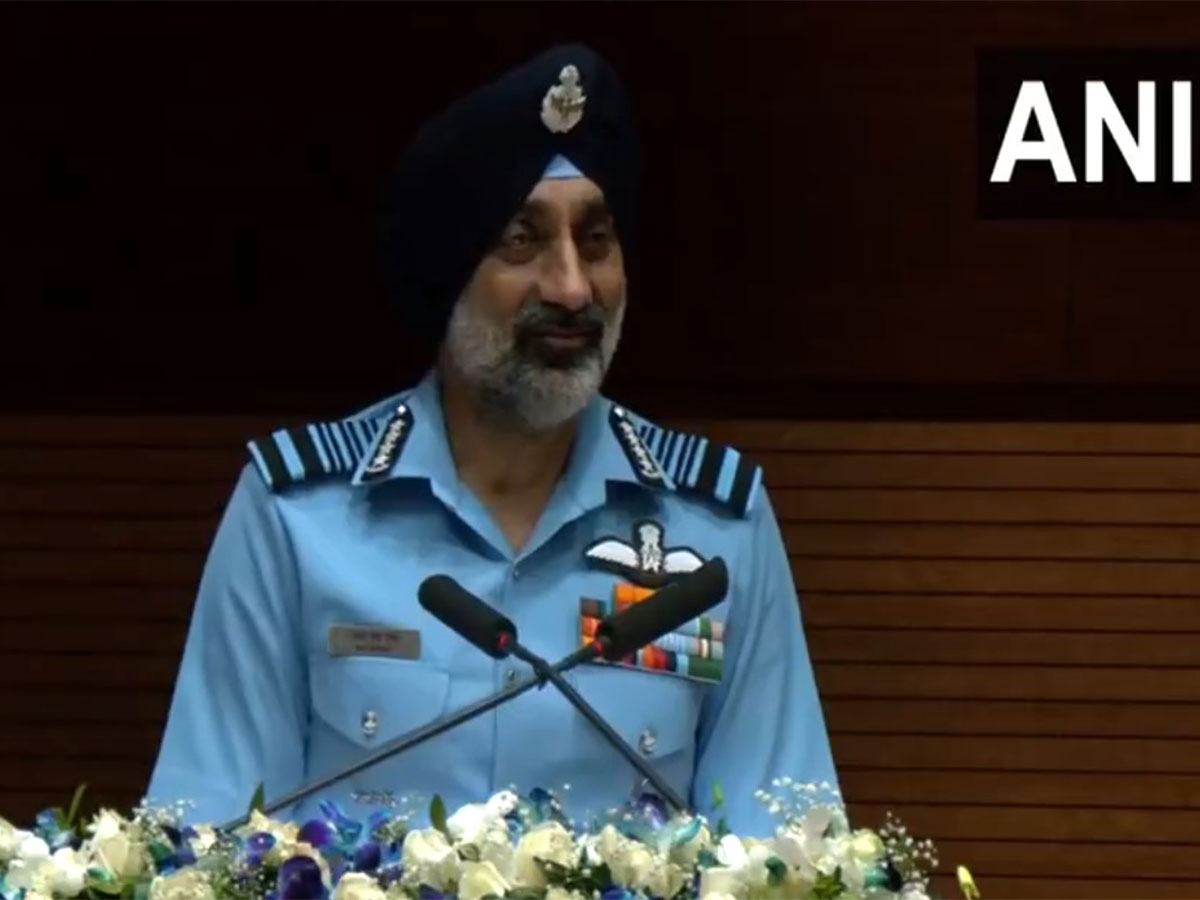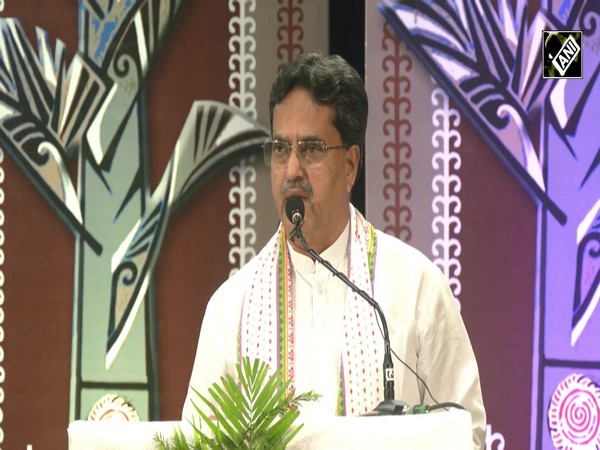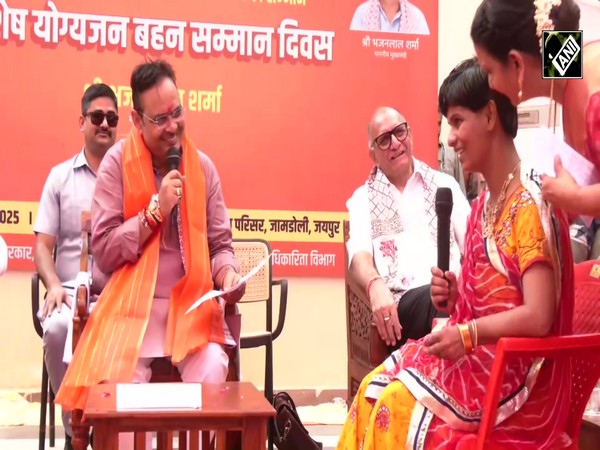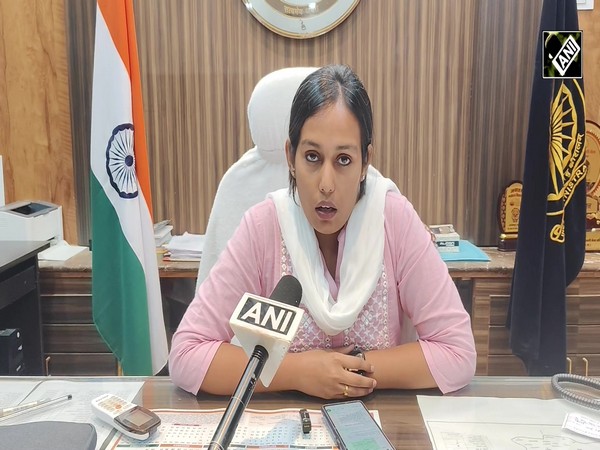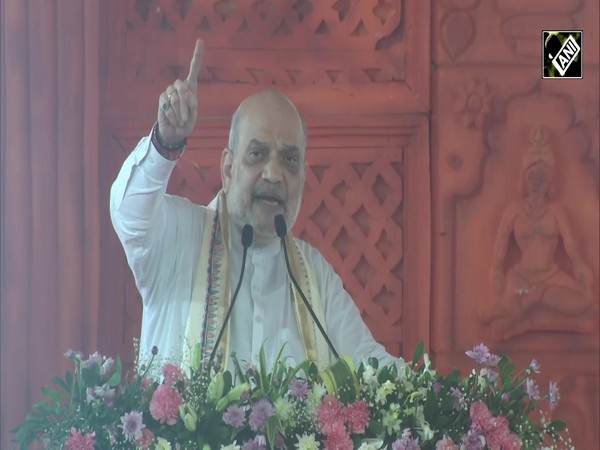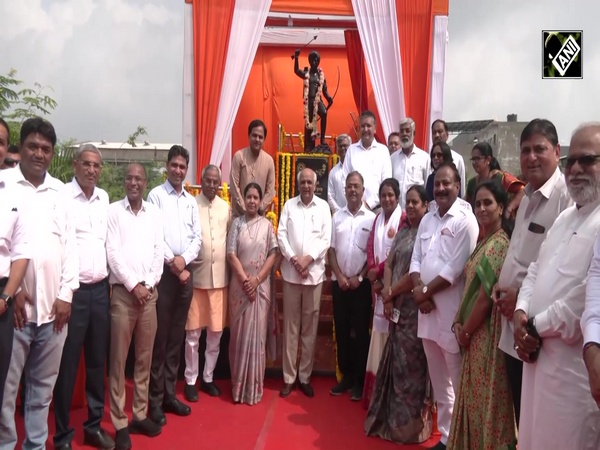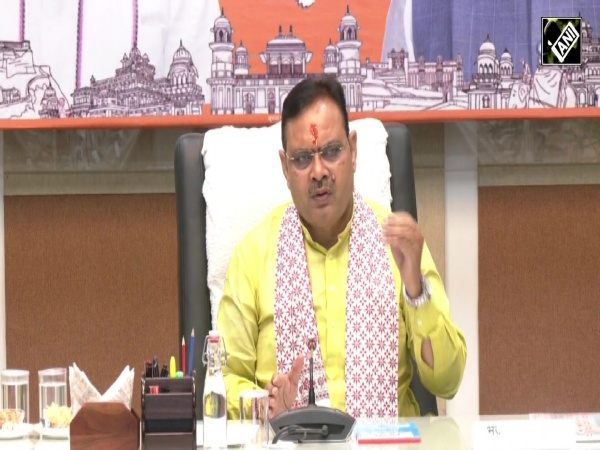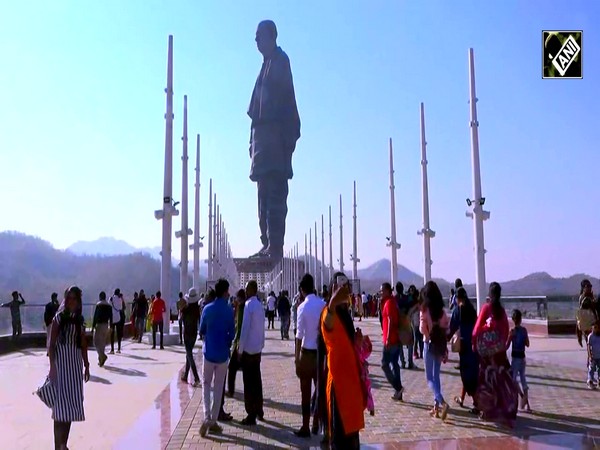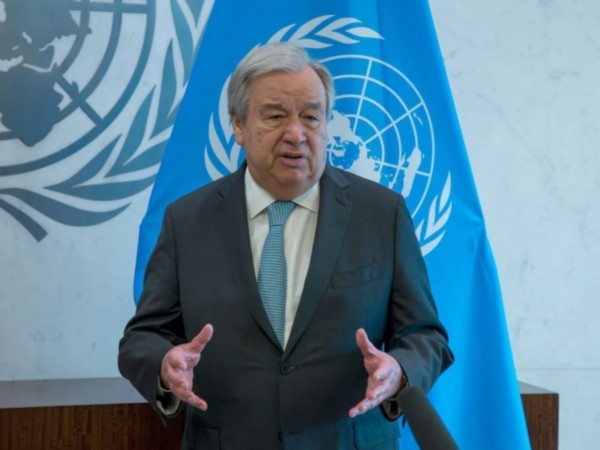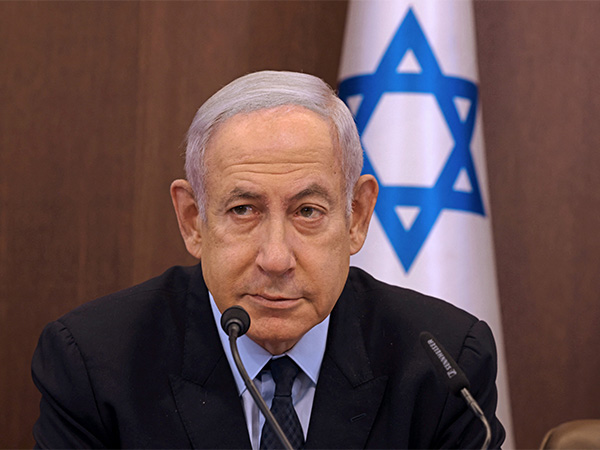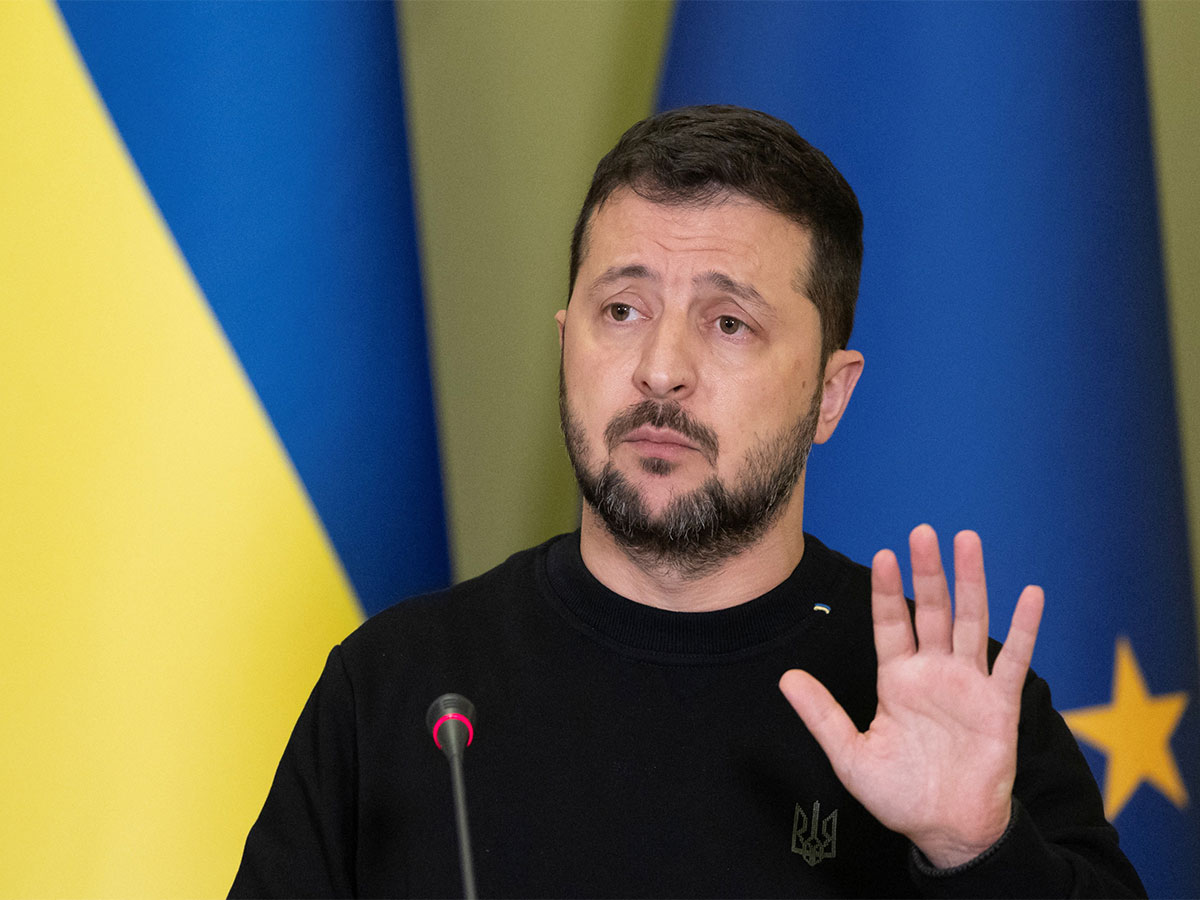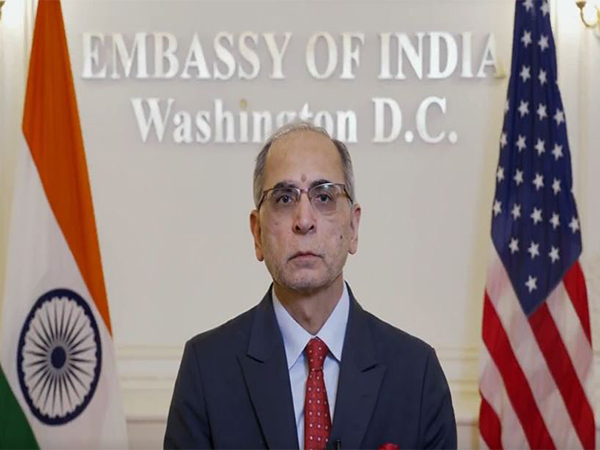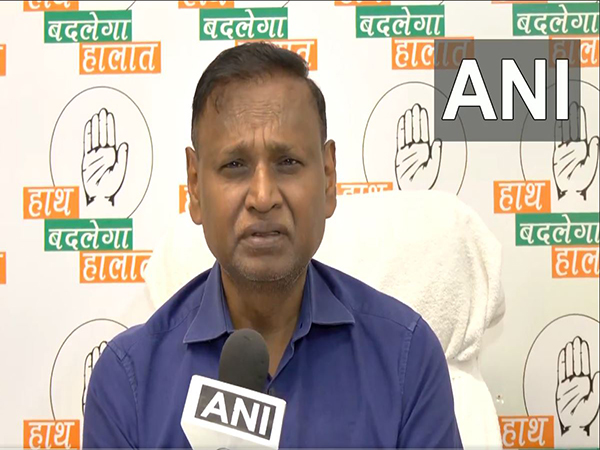
"Chance to take over PoK missed," says Congress' Udit Raj on IAF chief's remark on Op Sindoor
Aug 09, 2025
New Delhi [India], August 10 : As the Indian Air Force (IAF) chief's statements on Operation Sindoor point to five Pakistani Jets shot down by S-400, Congress leader Udit Raj said that Prime Minister Narendra Modi betrayed the nation by not reclaiming PoK.
Speaking to ANI, the Congress leader said, "PM Modi betrayed the nation. I completely agree with (Air Chief Marshal) AP Singh's statement that we shot down five Pakistani planes, Pakistan's condition was bad, then we should not have declared a ceasefire on Trump's saying and should have taken PoK. When Pakistan had surrendered and its condition was bad, when you got the chance to take over PoK, why didn't you take it?"
"Trump said 33 times that he has done a ceasefire, but this country's PM didn't say it even once. So, all this is about elections and vote theft, which Rahul Gandhi has captured. But Modi ji betrayed the country, BJP betrayed it. There was a chance to take PoK, but the chance got missed," Udit Raj added.
Meanwhile, Air Chief Marshal AP Singh said that India took down at least five fighter jets of Pakistan during Operation Sindoor and downed one large aircraft which was taken on at a distance of about 300 kilometres.
He said the aircraft that was brought down "is the largest ever recorded surface-to-air kill that we can talk about."
The IAF Chief, who delivered the keynote address at the 16th edition of the Air Chief Marshal LM Katre Memorial Lecture on Saturday, lauded the successful completion of Operation Sindoor, underscoring the primacy of Air Power in modern military conflicts and its significance in national security.
"We have at least five fighters confirmed kills and one large aircraft, which could be either an ELINT (Electronic Intelligence) aircraft or an AEW&C (Airborne Early Warning and Control) aircraft, which was taken on at a distance of about 300 kilometres. This is actually the largest ever recorded surface-to-air kill that we can talk about," Air Chief Marshal AP Singh said.
"We were able to get at least two command and control centres, like Murid and Chaklala. At least six radars, some of them big, some of them small. Two SAGW systems that is in Lahore and Okara. We attacked three hangars. One was the Sukkur UAV hangar, the Bholari hangar and the Jacobabad F-16 hangar. We have an indication of at least one AEW&C in that AEW&C hangar and a few F-16s, which were under maintenance there," he added.
This is apparently the first time that a top-ranking officer has specified the number of Pakistani aircraft and jets downed during the conflict. The IAF chief also credited the "political will" of the Central government for the success of the operation by allowing the Armed Forces to conduct the operations without any constraints.
"A key reason for success was the presence of political will. There was very clear political will and very clear directions given to us. No restrictions were put on us. If there were any constraints, they were self-made. The forces decided what the rules of engagement would be. We decided how we wanted to control the escalation. We had full freedom to plan and execute," he said.
"There was a synchronisation between the three forces. The post of CDS made a real difference. He was there to get us together. NSA also played a big role in getting all the agencies," he added.
India launched Operation Sindoor on May 7 as a decisive military response to the April 22 Pahalgam terror attack in which 26 people were killed. The Indian Armed Forces targeted terror infrastructure in Pakistan and Pakistan-occupied Jammu and Kashmir, leading to the death of over 100 terrorists. India repelled the subsequent Pakistani retaliation and pounded its airbases.
